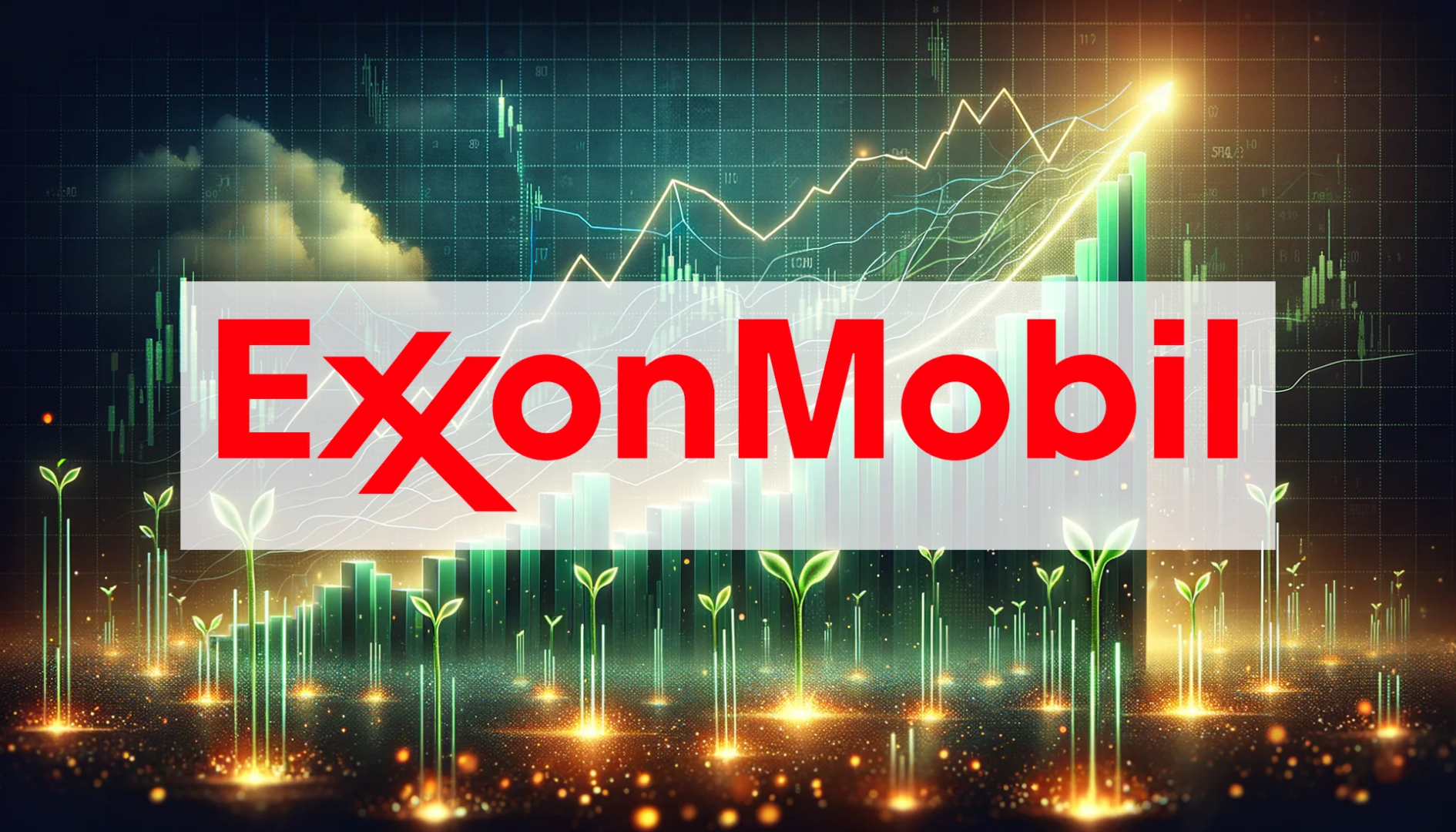As the global energy sector undergoes a fundamental transformation, Exxon Mobil is demonstrating a dual-track strategy. The oil giant is simultaneously advancing its transition initiatives through a new hydrogen partnership while confronting significant operational challenges in a major African project. This approach highlights the complex balancing act facing traditional energy leaders.
Robust Quarterly Performance and Shareholder Returns
Exxon Mobil continues to demonstrate formidable operational strength, as evidenced by its recent quarterly results. The company reported earnings of $7.5 billion, supported by record production levels from its operations in Guyana and the Permian Basin. This financial performance has enabled substantial returns to shareholders, with $9.4 billion returned through a combination of share repurchases and an increased dividend payment, underscoring the company’s financial resilience.
Strategic Portfolio Reshaping
The corporation is actively streamlining its asset portfolio to concentrate on its most profitable core operations. In a significant move, Exxon Mobil completed the multibillion-dollar divestiture of its Esso service station network in Singapore to Chandra Asri Pacific. Additionally, the pending sale of its Esso SAF holdings has generated positive market reaction, with Esso SAF shares advancing 10 percent following the announcement.
Concurrently, Exxon Mobil is pursuing strategic initiatives in emerging energy sectors. The company has formed a partnership with BASF focused on low-emission hydrogen production utilizing methane pyrolysis technology. This collaboration represents a notable strategic shift and indicates that established energy producers are seriously engaging with the energy transition, with this technology potentially emerging as a significant long-term innovation.
Should investors sell immediately? Or is it worth buying Exxon Mobil?
Mozambique Project Complications
Not all developments are proceeding smoothly. The Rovuma LNG initiative in Mozambique has encountered substantial difficulties, with contractual disputes creating serious operational challenges. For a project of this magnitude—planned with an annual capacity of 18 million tons—any delays could substantially impact the overall cost structure, presenting a risk factor that investors should carefully monitor.
Market Analysts Maintain Positive Outlook
Despite these operational challenges, financial experts remain generally optimistic about Exxon Mobil’s prospects. Jefferies recently elevated its price target from $139 to $146 while reaffirming its “buy” recommendation. The consensus analyst rating continues to stand at “moderate buy,” suggesting that the market broadly approves of the company’s strategic direction.
The critical question remains whether Exxon Mobil can successfully bridge its established oil business, with its reliable cash flows, and its investments in cleaner energy technologies, which carry greater uncertainty but offer future growth potential. The coming weeks, particularly regarding the finalization of the Esso SAF transaction and developments in Mozambique, will provide important indicators of the company’s strategic trajectory.
Ad
Exxon Mobil Stock: Buy or Sell?! New Exxon Mobil Analysis from February 8 delivers the answer:
The latest Exxon Mobil figures speak for themselves: Urgent action needed for Exxon Mobil investors. Is it worth buying or should you sell? Find out what to do now in the current free analysis from February 8.
Exxon Mobil: Buy or sell? Read more here...










